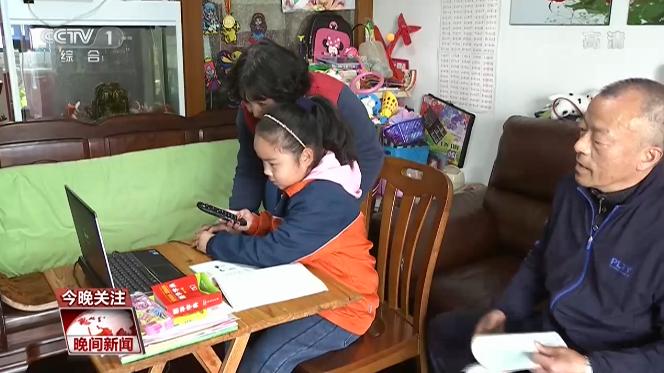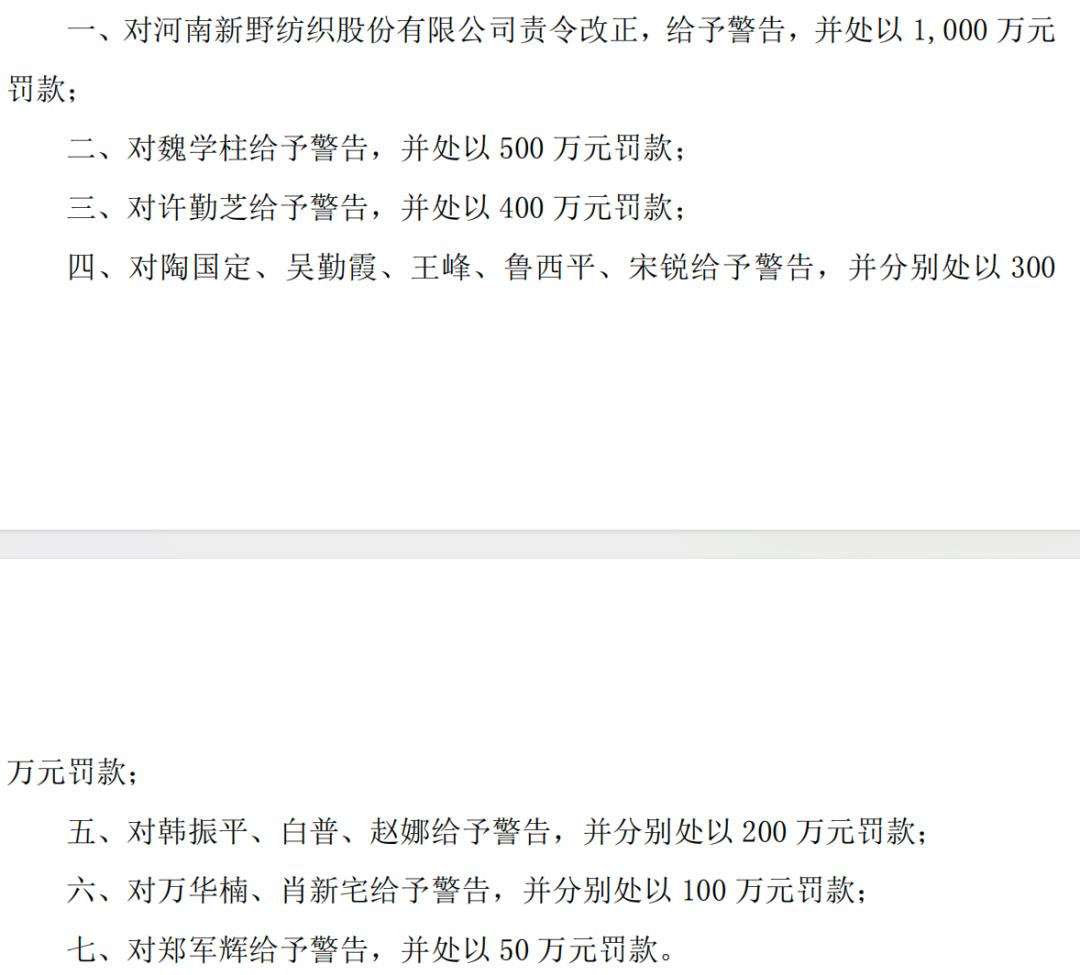According to the website of the Ministry of Finance, it was decided by the Ministry of Finance and the Ministry of Human Resources and Social Security that the 2023 national accounting professional and technical qualification (hereinafter referred to as accounting qualification) examination will be held in a paperless way in May (elementary, advanced) and September (intermediate) in 2023.
Notice on the examination schedule and related matters of the national accounting professional and technical qualification examination in 2023
Examination [2022] No.3
The accounting qualification examination management institutions of all provinces, autonomous regions and municipalities directly under the Central Government, and the accounting qualification examination management institutions of Xinjiang Production and Construction Corps:
After research and decision by the Ministry of Finance and the Ministry of Human Resources and Social Security, the 2023 National Accounting Professional and Technical Qualification Examination (hereinafter referred to as accounting qualification) was held in a paperless way in May (primary, advanced) and September (intermediate) in 2023. The examination schedule and related matters of the 2023 accounting qualification examination are hereby notified as follows:
First, the examination registration
(a) personnel who sign up for the accounting qualification examination shall meet the following basic conditions:
1. Abide by the Accounting Law of People’s Republic of China (PRC) and the national unified accounting system and other laws and regulations.
2. Have good professional ethics and no serious violation of financial discipline.
3. Love accounting work and have corresponding accounting professional knowledge and business skills.
(two) the personnel who sign up for the primary qualification examination, in addition to the basic conditions, must also have graduated from high school (including high school, technical secondary school, vocational high school and technical school) and above.
(three) the personnel who sign up for the intermediate qualification examination must meet one of the following conditions in addition to the basic conditions:
1. Have a college degree and have been engaged in accounting for 5 years.
2 with a bachelor’s degree or bachelor’s degree, engaged in accounting work for 4 years.
3 with a second bachelor’s degree or graduate class, engaged in accounting work for 2 years.
4 with a master’s degree, engaged in accounting work for 1 year.
5. Have a doctorate.
6. Pass the national unified examination and obtain the intermediate qualification of economics, statistics and auditing.
(four) the personnel who sign up for the advanced qualification examination shall meet one of the following conditions in addition to the basic conditions:
1. Have a college degree and have been engaged in the work related to the responsibilities of accountants for 10 years after obtaining the title of accountant.
2. Have a master’s degree or a second bachelor’s degree or graduated from a postgraduate class or a bachelor’s degree or a bachelor’s degree. After obtaining the title of accountant, they have been engaged in work related to accountant duties for 5 years.
3. Have a doctoral degree and have been engaged in the work related to the responsibilities of accountants for 2 years after obtaining the title of accountant.
(5) The technical school education mentioned in "1. Examination Registration" (2) of this notice refers to the technical school education recognized by the administrative department of human resources and social security of the State Council. Other academic qualifications or degrees mentioned in this notice refer to academic qualifications or degrees recognized by the administrative department of education of the State Council.
(6) The relevant years of accounting work mentioned in this notice, and the deadline is December 31, 2023; Students who use their spare time to work part-time are not regarded as formally engaged in accounting work, and the corresponding time is not included in the accounting work years; The number of years of work in the intermediate qualification examination is the sum of the time spent in accounting before and after obtaining the required academic qualifications.
(7) On-the-job personnel who meet the registration requirements shall register at the place where their work units are located according to the principle of localization; Students who meet the registration requirements shall register at the place where they are enrolled; Other personnel who meet the registration requirements shall register at their domicile or residence.
Residents of Hongkong, Macao and Taiwan Province who meet the registration requirements shall register in the Mainland according to the principle of convenience nearby. If there is a work unit, register at the place where the work unit is located; If you are a student at school, you should register at the place where your student status is located.
All those who sign up for the exam will take the exam at the place where they sign up.
(8) When examining the application conditions of applicants, applicants shall submit academic qualifications or degree certificates or relevant professional and technical qualification certificates, resident identity certificates (Hong Kong, Macao and Taiwan Province residents shall submit their valid identity certificates) and other materials.
Second, the examination subjects
(a) the primary qualification examination subjects include "primary accounting practice" and "economic law foundation".
(2) Intermediate qualification examination subjects include Intermediate Accounting Practice, Financial Management and Economic Law.
(3) Advanced qualification examination subjects include Advanced Accounting Practice.
Those who take part in the primary qualification examination can obtain the primary qualification certificate only after passing all the examinations within one examination year; Those who participate in the intermediate qualification examination shall pass all subjects in two consecutive examination years before obtaining the intermediate qualification certificate; Those who have participated in the senior qualification examination and reached the national qualification standards will download and print the examination results on the "National Accounting Qualification Evaluation Network" by themselves, and it will be effective to participate in the qualification evaluation of senior accountants within 3 years.
Third, the examination outline
The accounting qualification examination uses the outline of the 2023 accounting qualification examination formulated by the Office of the Leading Group for National Accounting Professional and Technical Qualification Examination. The outline of the 2023 accounting qualification examination will be announced separately.
Fourth, the examination time and examination schedule
(1) Examination time
|
primary
|
13-17 May
|
8:30-11:30
Primary accounting practice
Basis of economic law
|
|
14:30-17:30
Primary accounting practice
Basis of economic law
|
|
middle rank
|
9-11 September
|
8:30-11:15
Intermediate accounting practice
|
|
13:30-15:45
financial management
|
|
18:00-20:00
economic law
|
|
senior
|
May 13th
|
8:30-12:00
Advanced accounting practice
|
1. The primary qualification examination was conducted from May 13th to 17th, 2023, with a total of 10 batches. The examination duration of the subject of "Primary Accounting Practice" is 105 minutes, and the examination duration of the subject of "Basis of Economic Law" is 75 minutes. The two subjects are tested continuously, and the time cannot be mixed.
2. The Intermediate Qualification Examination was held from September 9 to 11, 2023, with 3 batches. The examination duration of Intermediate Accounting Practice was 165 minutes, that of Financial Management was 135 minutes, and that of Economic Law was 120 minutes.
3. Advanced Qualification Examination "Advanced Accounting Practice" The examination date is May 13, 2023, and the examination duration is 210 minutes.
If the time and batch of accounting qualification examination are adjusted, it will be notified separately.
(two) the primary and advanced qualification examination schedule
1. Before December 31st, 2022, the accounting qualification examination management institutions of all provinces, autonomous regions and municipalities directly under the Central Government, and the accounting qualification examination management institutions of Xinjiang Production and Construction Corps (hereinafter referred to as provincial examination management institutions) announced the subjects, examination time, registration date, registration method and other examination-related matters of the primary and advanced qualification examinations in this region in 2023, and copied them to the Accounting Department of the Ministry of Finance and the Accounting and Financial Evaluation Center respectively.
2. From February 7 to February 28, 2023, the registration system for the primary and advanced qualification examinations of "National Accounting Qualification Evaluation Network" was opened. In the above time, the provincial examination management institutions shall determine the registration start time in their own regions. Examination registration will be closed at 12:00 on February 28th, and payment will be closed at 18:00 on February 28th.
3. Before April 12, 2023, the provincial examination management institutions announced the start and end time of online printing of the admission ticket for junior and advanced qualification examinations in the region.
4. Organize the primary qualification examination from May 13th to 17th, 2023, and organize the advanced qualification examination on May 13th.
5. Before May 24, 2023, a national marking conference will be held, the marking work of the advanced qualification examination will be deployed, and standard answers and grading standards will be issued.
6. Before May 26th, 2023, the provincial examination management institutions shall collect all the batch examination data of the local primary qualification examination, and submit the submitted data to the Accounting and Financial Evaluation Center of the Ministry of Finance after checking the data integrity and handling the violation of discipline and regulation, and attach a statistical summary table and a list of submitted data.
7. Before June 7, 2023, the provincial examination management institutions organized and completed the marking of the local advanced qualification examination, submitted the marking data to the Accounting and Financial Evaluation Center of the Ministry of Finance, and attached the statistical summary table, list and written report of the marking work of the local reported data.
8. Before June 16, 2023, after data verification, the results of the primary qualification examination will be issued and published on the "National Accounting Qualification Evaluation Network". At the same time, the provincial examination management institutions publish the examination results, consultation telephone numbers and e-mail addresses in their respective regions.
9. Before June 30, 2023, after data verification and random inspection of marking quality are completed, the scores of advanced qualification examination will be issued and published on the National Accounting Qualification Evaluation Network. At the same time, the provincial examination management institutions publish the examination results, consultation telephone numbers and e-mail addresses in their respective regions.
10. Within 1 month after the announcement of the examination results and qualified standards, the provincial examination management institutions shall review and confirm the relevant information of qualified personnel, and submit the relevant information and written report of qualified personnel to the Accounting and Financial Evaluation Center of the Ministry of Finance.
(3) the examination schedule of the intermediate qualification examination
1. Before April 20, 2023, the provincial examination management institutions announced the examination-related matters such as the subjects, examination time, registration date and registration method of the 2023 intermediate qualification examination in the region, and copied them to the Accounting Department of the Ministry of Finance and the Accounting and Financial Evaluation Center respectively.
2. From June 20th to July 10th, 2023, the "National Accounting Qualification Evaluation Network" intermediate qualification examination registration system was opened. In the above time, the provincial examination management institutions shall determine the registration start time in their own regions. Examination registration will be closed at 12:00 on July 10th, and payment will be closed at 18:00 on July 10th.
3. Before August 15, 2023, the provincial examination management institutions announced the starting and ending time of online printing of the admission ticket for the intermediate qualification examination in the region.
4. Organize the intermediate qualification examination from September 9th to 11th, 2023.
5. Before September 20, 2023, a national marking conference will be held, the marking of intermediate qualification examinations will be deployed, and the standard answers and grading standards for subjective questions will be issued.
6. Before October 12, 2023, the provincial examination management institutions shall organize the marking of intermediate qualification examinations in their respective regions, submit the marking data to the Accounting and Financial Evaluation Center of the Ministry of Finance, and attach a statistical summary table, a list of reported data and a written report on the marking work in their respective regions.
In the marking process, the provincial examination management institutions should pay attention to the investigation of similar papers, especially the papers with high "same-to-same-error rate", and should organize experts to screen and judge them. If they are really similar papers, they should be dealt with in accordance with the Provisions on Handling Violations of Discipline in the Qualification Examination for Professional and Technical Personnel (Order No.31 of the Ministry of Human Resources and Social Security).
7. Before October 31, 2023, after the data verification and random inspection of marking quality are completed, the intermediate qualification examination results will be issued and published on the "National Accounting Qualification Evaluation Network". At the same time, the provincial examination management institutions publish the examination results, consultation telephone numbers and e-mail addresses in their respective regions.
8. Within 1 month after the announcement of the examination results, the provincial examination management institutions shall review and confirm the relevant information of qualified personnel, and submit the relevant information and written report of qualified personnel to the Accounting and Financial Evaluation Center of the Ministry of Finance.
V. Other matters
(a) the local examination management institutions should organize online registration according to the unified time and procedures, examine the examination qualifications of applicants in strict accordance with the unified national examination registration conditions, and do a good job in the examination of registration qualifications seriously and responsibly.
(II) The provincial examination management institutions should complete the pre-examination preparations such as the training of invigilators and examination staff two days before the start of the examination, complete the testing of all test sites, examination rooms and examination machines within one day before the start of the examination, and do a good job in the preparations for preventing and cracking down on cheating activities.
(III) Examination management institutions at all levels should improve their service awareness, be serious and responsible, do a good job in all aspects of examination management carefully, and inform candidates of the examination schedule and related matters in time to ensure the successful completion of the work of the 2023 accounting qualification examination.
(IV) Examination management institutions at all levels shall, in accordance with the requirements of epidemic prevention and control in COVID-19 and the requirements of the Ministry of Human Resources and Social Security on doing a good job in the professional qualification examination for professional and technical personnel under the normalization of epidemic prevention and control, timely judge the situation, formulate epidemic prevention and control measures and emergency plans, and do a good job in epidemic prevention and control during the examination period. In case of sudden epidemic and emergency, it is really impossible to organize the examination normally. After consulting the local leading group for epidemic prevention and control, the provincial examination management institution will announce to the public to suspend the examination of the relevant examination areas and test sites, and report to the Accounting and Financial Evaluation Center of the Ministry of Finance for the record. The relevant examination management institutions should explain the work to the candidates.
(five) due to epidemic prevention and control reasons can not participate in the intermediate qualification examination, the validity period of the intermediate qualification examination results that the applicants have obtained is extended by one year.
(six) before November 30, 2023, the provincial examination management institutions completed the sealing, registration and filing of the relevant materials of this year’s examination work, and submitted the summary of the examination work in 2023 to the Accounting Department of the Ministry of Finance and the Accounting and Financial Evaluation Center respectively.






